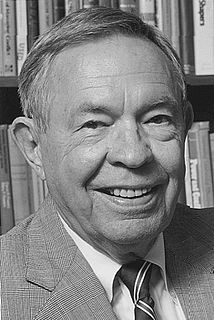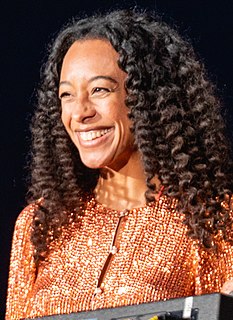A Quote by Bruce H. Lipton
As many conventionally unhappy parents did in the 1950s, my parents stayed together for the sake of the children—they divorced after my youngest brother left home for college. I only wish they had known that modeling their dysfunctional relationship was far more damaging to their children than their separation would have been.
Related Quotes
For children, the era of mass incarceration has meant a tremendous amount of family separation, broken homes, poverty, and a far, far greater level of hopelessness as they see so many of their loved ones cycling in and out of prison. Children who have incarcerated parents are far more likely themselves to be incarcerated.
Put Your Spouse First: When the children are grown and move out of the home, who will be left but your spouse? Nurture that relationship first and foremost. It is your role, together, to be the best parents you can be and what better way to do that than by parenting together and teaching your children (by what you say and do) that the bond of marriage is stronger than any other earthly commitment
I didn't major in anthropology in college, but I do feel I had an education in different cultures very early on. My parents divorced when I was eleven, and my father immediately married a woman with three children and was with her for five years. When they got divorced, he immediately married a woman with four children. In the meantime, my mother married a man who had seven children. So I was going from one family to another between the ages of eleven and eighteen.
What I have most learned from my son is to respect him and to love him unconditionally. I believe that if parents respect their children and educate them with love and justice (and not just with words, but with their own behavior) the relationship with their children will be wonderful. Then parents will always be proud of their children, and children will always be proud of their parents. There will be peace in the family, and the home will be a sanctuary.
Modern children were considerably less innocent than parents and the larger society supposed, and postmodern children are less competent than their parents and the society as a whole would like to believe. . . . The perception of childhood competence has shifted much of the responsibility for child protection and security from parents and society to children themselves.
Parents who are cowed by temper tantrums and screaming defiance are only inviting more of the same. Young children become more cooperative with parents who confidently assert the reasons for their demands and enforce reasonable rules. Even if there are a few rough spots, relationships between parents and young children run more smoothly when the parent, rather than the child, is in control.
An adolescent does not rebel against her parents. She rebels against their power. If parents would rely less on power and more on nonpower methods to influence their children from infancy on, there would be little for children to rebel against when they become adolescents. The use of power to change the behavior of children, then, has this severe limitation: parents inevitably run out of power, and sooner than they think.



































